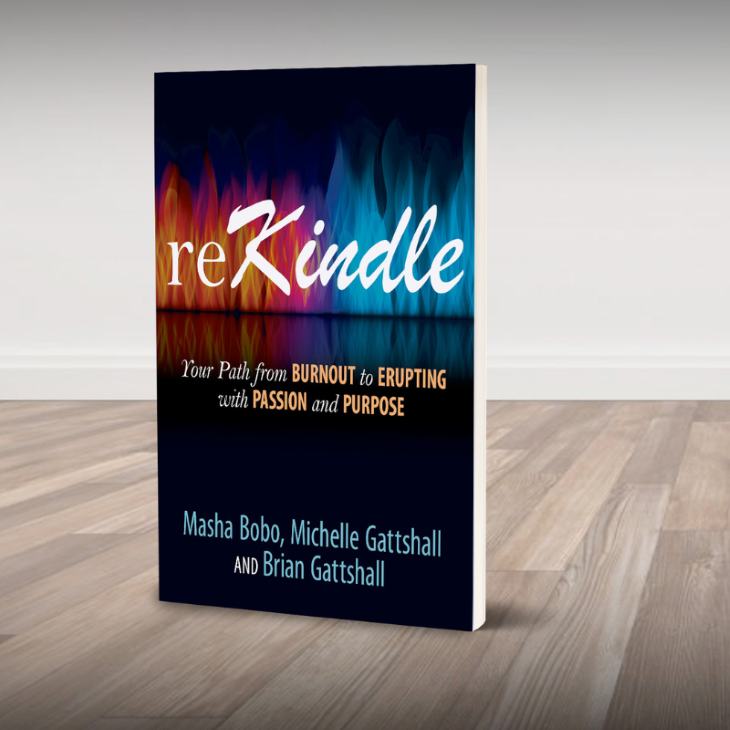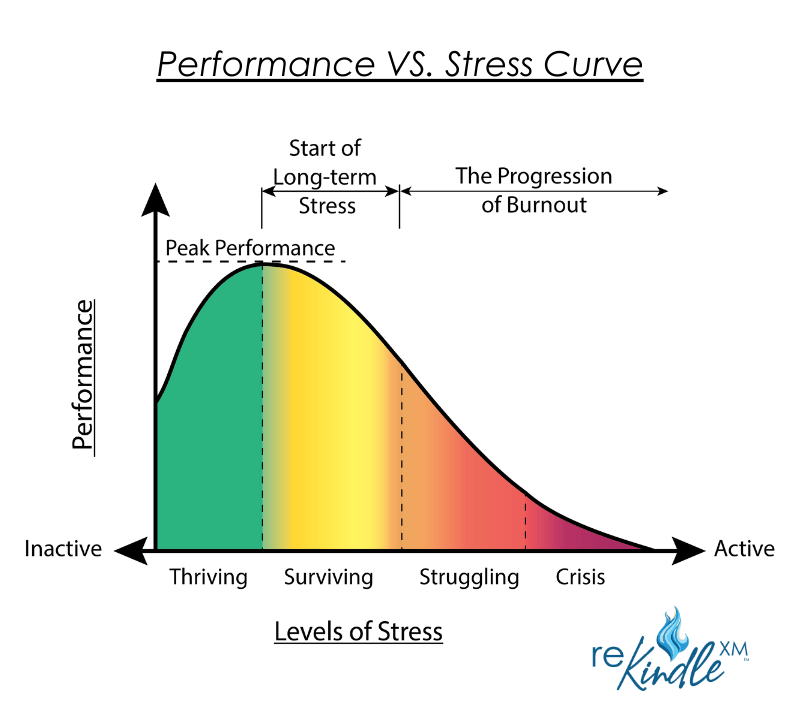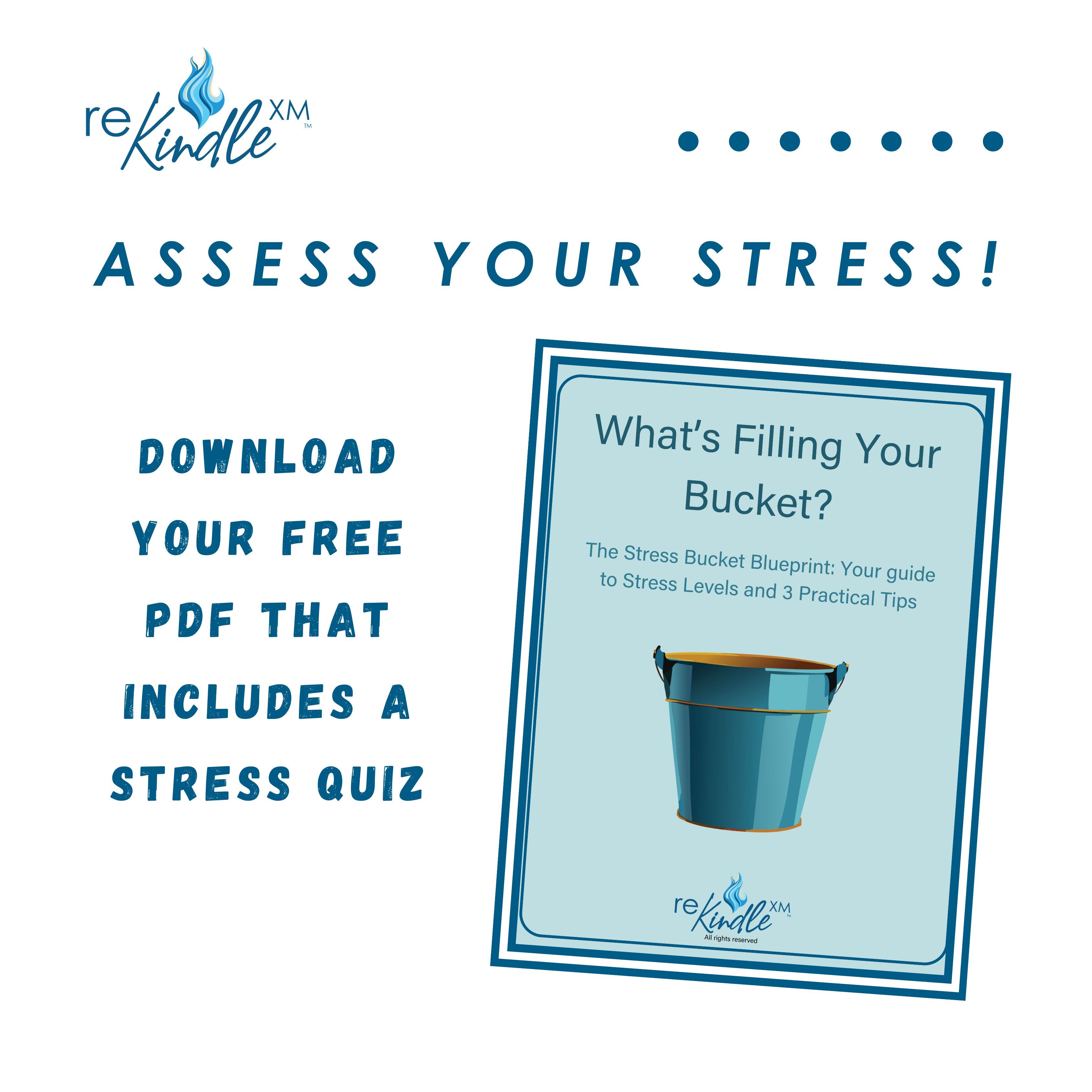Do you ever feel like your brain is empty and your body is out of energy after a day of endless decisions? From picking breakfast to tackling work dilemmas, your mental energy gets drained with every choice you make. This phenomenon, known as decision fatigue, is backed by neuroscience and psychology—and it's more common than you think.
How often do you find yourself, after a long day at work and combatting traffic in questionable spirits, arrive at the much-anticipated place you call home. You climb out of the car, which feels like an effort, feeling the exhaustion of the day settling in your extremities that are barely moving you forward. You open the door, a flood of (hopefully) excited emotions greets you, and before you even take your shoes of, the ultimate question rings in your brain like a dumb bell, "What's for dinner?"
I struggled in that reality for decades but the first time I put the name to that feeling was just recently. Now, as a remote career woman, my days start bright and early with the first meeting, most days, commencing at 6:30am. In all honesty, I miss the days that started and ended with a commute to the office as those where perfect transition gateways for the mindset to shift between the performance and home environments.
In the virtual world, the work dilemmas are just as intense, but I find more challenges in the remote workspace as you don't just get to drop by someone's office to solve a problem. You spend lots of energy and days of anxiety trying to put out a fire that could have been resolved with a 2-minute conversation just by knocking on someone's door! Furthermore, the back-to-back video meetings leave NO time to take much needed vile breaks or a break for a meal, leaving the brain shifting gears between various topics making countless decisions every minute. And don't even get me started with boundaries with various house inhabitants not comprehending what "work-from-home" truly means.
The Neuroscience of Too Many Choices
Your prefrontal cortex, the part of your brain responsible for decision-making, works tirelessly throughout the day. But just like a muscle, it gets tired. Studies show that as decision-making demands increase, your brain's ability to process information and make sound choices declines. This can lead to impulsive decisions, procrastination, or even avoiding choices altogether.
Why Does It Matter?
Decision fatigue doesn't just affect your productivity—it can impact your mental health, relationships, and even physical well-being. Chronic stress and cognitive overload can amplify the effects, leaving you feeling stuck and overwhelmed, eventually leading to burnout.
🚀 How to Outsmart Decision Fatigue
Here are five neuroscience-backed strategies to keep your brain sharp:
✅1. Automate the Small Stuff: Simplify your daily routine. For example, wear only blue or gray suits to save mental energy for bigger decisions.
✅2. Take Breaks: Your brain needs downtime to recharge. Five minute breaks on top of every hour or between tasks can help restore focus and decision-making power.
✅3. Prioritize Sleep and Nutrition: Sleep deprivation and low glucose levels can worsen decision fatigue. A well-rested and nourished brain is a better decision-making processor.
✅4. Set Boundaries: Limit the number of decisions you make in a day. Delegate tasks or say "no" to unnecessary commitments. Have clear boundaries between your home and work environments and its inhabitants.
✅5. Strategic Procrastination: intentionally and mindfully delay tasks to enhance performance or creativity. Group and prioritize tasks by category and importance (high, medium, low) and schedule focused sprints to complete the prioritized grouped tasks simultaneously.
✨ Your Brain Must Have a Break





